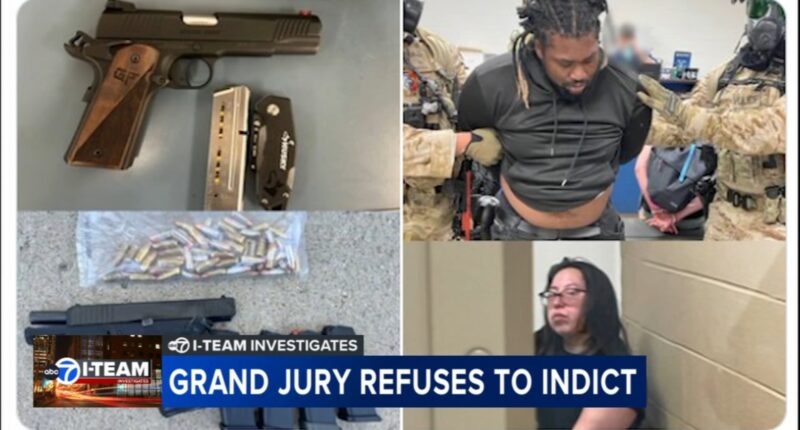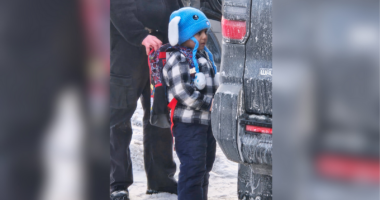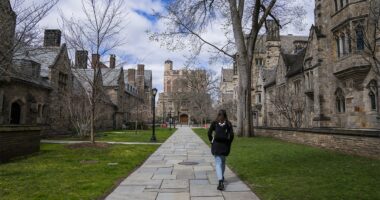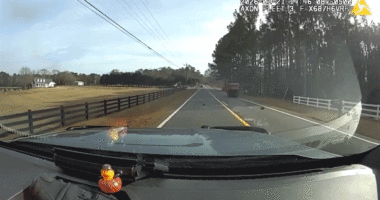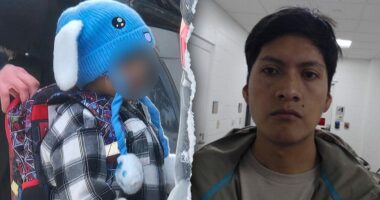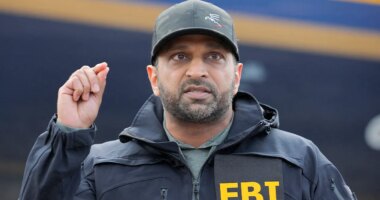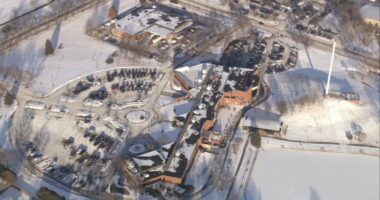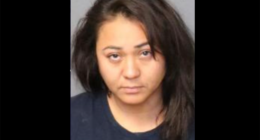Share this @internewscast.com
BROADVIEW, Ill. (WLS) — A grand jury’s decision not to indict protesters arrested at the Broadview ICE facility has influenced an emergency ruling that now prohibits National Guard deployments in Illinois, as uncovered by the ABC7 I-Team.
U.S. District Judge April Perry mentioned the grand jury’s refusal to indict as a factor questioning, “…significant doubt on DHS’ credibility and assessment of what is happening on the streets of Chicago.”
ABC7 Chicago is now streaming 24/7. Click here to watch
Grand jury proceedings are confidential, conducted without defense counsel and having a low threshold for probable cause, leading to the saying that prosecutors could get a grand jury to “indict a ham sandwich.”
However, when a couple, accused of attacking ICE agents during the Broadview protests, faced the grand jury, prosecutors were told there was insufficient evidence to indict.
In a post by Immigration and Customs Enforcement to their over one million followers on X, Jocelyne Robledo and Ray Collins were labeled as “armed rioters.” They were arrested by federal agents who claimed they were armed during the alleged assault at the Broadview ICE facility.
Despite this, when the prosecution presented their case for formal charges, which carried significant weight, the grand jury issued a no-bill, formally declining to indict.
It’s something ABC7 Chief Legal Analyst Gil Soffer told the I-Team is beyond rare.
“It is extremely unusual that a grand jury returns a no bill or refuses to approve an indictment. It happens literally in handfuls of cases, out of tens of thousands of cases that are brought before a grand jury,” Soffer said.
That’s because Soffer said Grand Juries are entirely one-sided.
“The power of the prosecution is immense in a grand jury. There’s no defense lawyer present. There’s no judge present. And the prosecutor decides which evidence to present, what charges to present, how to frame them for the grand jurors,” he said.
That no-bill and several other instances of charges against protesters being dropped over the past 72 hours like that of Luci Mazur who was arrested while protesting at the Broadview ICE facility.
“Very scary, but I’m just glad it’s all over with,” she said.
That directly contributed to the emergency ruling forbidding National Guard troops from being deployed by President Trump in Illinois. Judge April Perry calling government accounts uncredible.
“She flatly said she did not find the evidence presented to her by the government credible. You don’t see that every day. You don’t hear that every day from a federal judge,” said Soffer.
Chicago Kent College of Law Professor Richard Kling, who represented Collins reacted to the refusal of grand jury members to indict.
“Prosecutors could have the grand jury return an indictment against a ham sandwich. Apparently, they had less evidence than a ham sandwich,” he quipped.
Robledo and Collins are not out of the woods yet. The charges against them were dismissed without prejudice meaning they could be brought again at a later date, but the assertions relied on in court by DHS lawyers are now being called into question by both jurors and federal judges.
Judge grants request to drop charges against neurodivergent man arrested during Broadview protest
On Friday, a judge granted a request from federal prosecutors to drop charges against a man arrested during protests outside the Broadview Immigration and Customs Enforcement facility.
A judge granted a request from federal prosecutors drop charges against Paul Ivery. He was arrested during a Broadview ICE facility protest.
Paul Ivery was charged with assaulting a Border Patrol officer last month.
ABC7 Chicago is now streaming 24/7. Click here to watch
Relatives say Ivery has intellectual disabilities. And a judge later released Ivery from jail, saying he does not pose a threat to the community.
He is the fourth person arrested during protests at the suburban facility to have their charges dropped this week.
Copyright © 2025 WLS-TV. All Rights Reserved.
